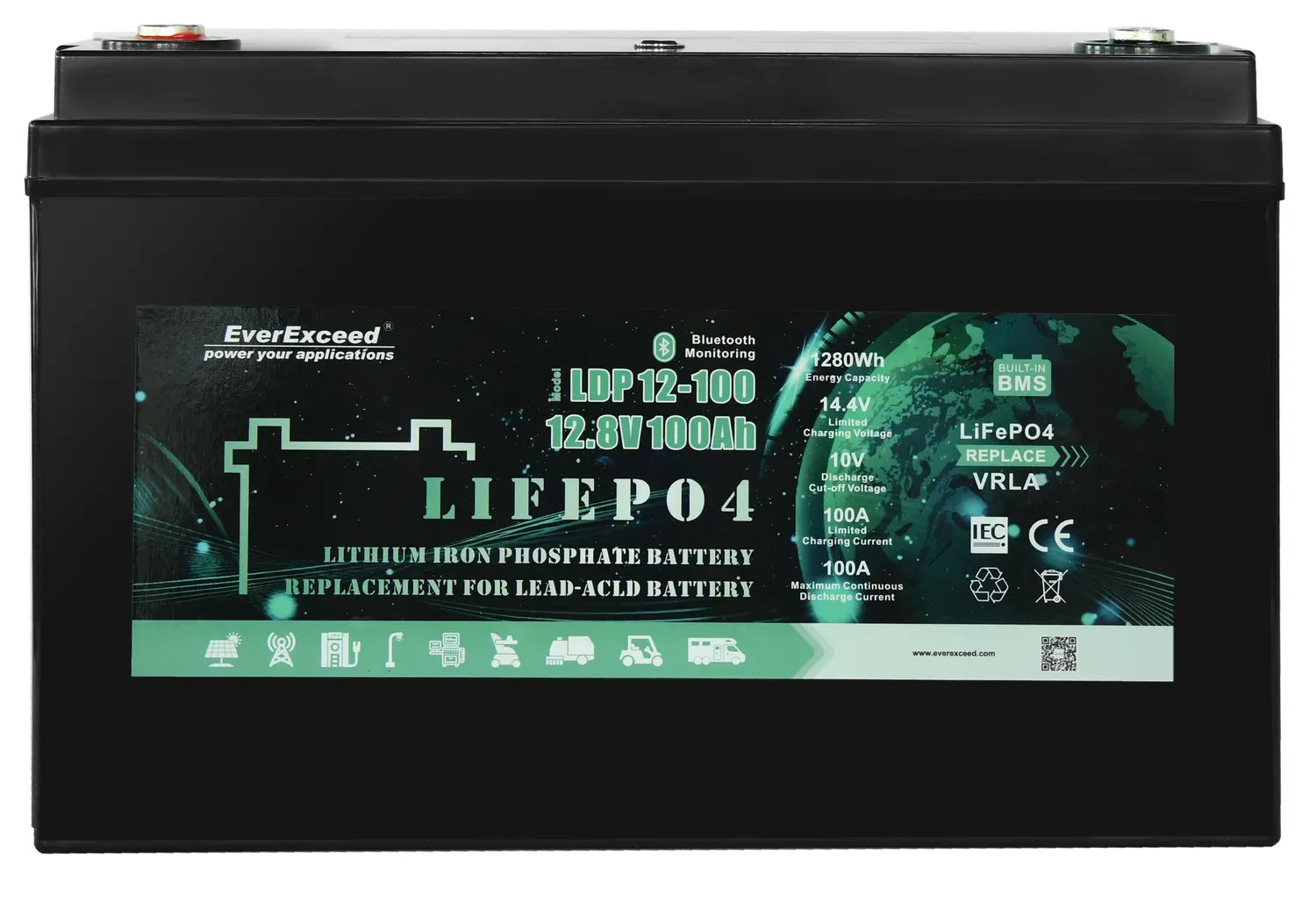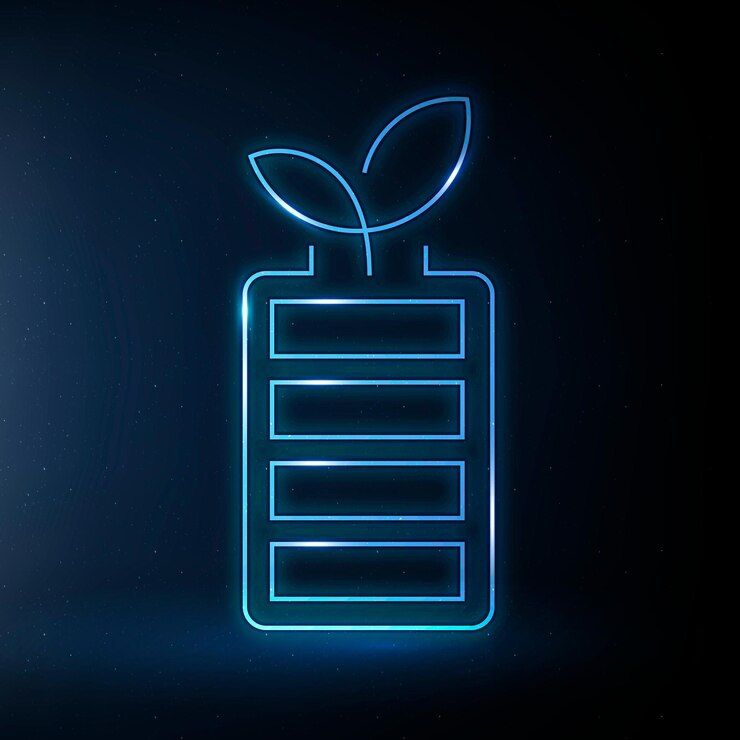
Get a Quote
What is the Maximum Charging Current for a LiFePO4 Battery?
Lithium Iron Phosphate (LiFePO4) batteries are revolutionizing the world of energy storage. Known for their safety, longevity, and thermal stability, these batteries are ideal for a wide range of applications, including electric vehicles, solar energy systems, and portable electronics. In this blog, we'll explore how to charge LiFePO4 batteries effectively, focusing on their maximum charging current and essential tips for optimal performance.
What are LiFePO4 Batteries?
LiFePO4 batteries, a type of lithium-ion battery, utilize lithium iron phosphate as the cathode material. This unique composition offers several advantages over other battery types, making them increasingly popular.
Advantages of LiFePO4 Batteries
Safety
LiFePO4 batteries are known for their stable chemical structure, which significantly reduces the risk of thermal runaway and combustion. This stability makes them a safer choice for various applications, from electric vehicles to home energy storage systems.
Longevity
These batteries can endure thousands of charge and discharge cycles, providing a longer lifespan compared to other lithium-ion batteries. This durability translates to cost savings over time, as the need for battery replacements is significantly reduced. Learn How Long Does a Lithium Iron Phosphate Battery Last here.
Thermal Stability
LiFePO4 batteries perform well under high temperatures, maintaining stability and efficiency. Their ability to operate efficiently in a wide range of temperatures makes them suitable for use in diverse environments, from the heat of summer to the cold of winter.
Environmental Friendliness
Free from harmful heavy metals, LiFePO4 batteries are considered more environmentally friendly. Their composition does not pose the same environmental hazards as other battery types, making them a greener choice for those concerned about environmental impact.
How to Charge LiFePO4 Batteries Safely?
Proper charging is essential for maximizing the performance and lifespan of LiFePO4 batteries. The charging process typically involves two main stages: constant current (CC) and constant voltage (CV).
Constant Current (CC) Stage
During the CC stage, the battery is charged with a constant current until it reaches a specific voltage. This phase is crucial as it determines the bulk of the charging process. The maximum charging current for a LiFePO4 battery is particularly relevant in this stage.
Constant Voltage (CV) Stage
Once the battery reaches its maximum voltage (usually around 3.65V per cell), the charger transitions to the CV stage. Here, the voltage is maintained while the current gradually decreases until the battery is fully charged.
What is the Maximum Charging Current for LiFePO4 Batteries?
The maximum charging current for LiFePO4 batteries varies depending on several factors, but here are the general guidelines:
Conservative Rate (0.5C): Charging at 0.5C is recommended for long-term battery health. For example, a 100Ah battery would charge at 50A (0.5C).
Faster Rate (1C): This is the upper safe limit for most LiFePO4 batteries. Charging at 1C (100A for a 100Ah battery) allows for quicker recharging without compromising safety under normal conditions.
General Recommendations for LiFePO4 Charge Current
Typically, the maximum charging current for a LiFePO4 battery is around 0.5C to 1C, where "C" denotes the battery's capacity. For example, a 100Ah LiFePO4 battery can be charged at 50A (0.5C) to 100A (1C).
- 0.5C Rate: A conservative and safe charging rate that balances speed and battery health.
- 1C Rate: The upper limit for most LiFePO4 batteries, offering faster charging while maintaining safety under normal conditions.
Factors Influencing Optimal Charging Current
Several factors can influence the optimal maximum charging current for LiFePO4 batteries:
- Battery Capacity: Larger capacity batteries can handle higher charging currents.
- Temperature: High ambient temperatures may require lower charging currents to prevent overheating.
- Battery Age and Condition: Older batteries or those with many cycles might need reduced charging currents.
- Application Requirements: Different applications have specific charging needs. For example, mergency systems may need rapid charging, while energy storage applications can benefit from a more conservative approach.
Best Practices for Charging LiFePO4 Batteries
Ensuring Longevity and Efficiency
To maximize the performance and lifespan of your LiFePO4 batteries, follow these best practices:
Use a Quality Charger
Always use a charger designed for LiFePO4 batteries. These chargers are programmed with the appropriate voltage and current limits specific to LiFePO4 batteries.
Monitor Temperature
During charging, keep an eye on the battery temperature. If the battery becomes excessively hot, reduce the charging current or pause the process to allow it to cool.
Avoid Overcharging
Overcharging can severely damage LiFePO4 batteries. Ensure your charger has a reliable cutoff mechanism to stop charging once the battery reaches its maximum voltage.
Regular Maintenance
Periodically check your batteries for signs of wear, damage, or decreased performance. Proper maintenance can help detect issues early and extend the battery's lifespan.
Follow Manufacturer Guidelines
Adhering to the manufacturer's guidelines for charging currents, voltages, and other parameters is crucial. These guidelines are based on extensive testing to ensure safe and optimal performance.
Conclusion
LiFePO4 batteries offer numerous advantages, including safety, long cycle life, and thermal stability. Proper charging techniques, especially knowing the maximum charging current, play a vital role in maximizing these benefits. Whether you're using these batteries in electric vehicles, solar power systems, or portable electronics, understanding and applying the correct charging parameters will help you get the most out of your investment.
When it comes to reliable and high-quality LiFePO4 batteries, EverExceed is a leading choice. With a commitment to innovation and excellence, EverExceed provides a range of LiFePO4 batteries designed to meet diverse energy needs. Our batteries are engineered to offer superior performance, safety, and longevity, backed by comprehensive support and expertise—Trust EverExceed, a Chinese Lithium-ion Battery Manufacturer to power your applications with the best in battery technology.


